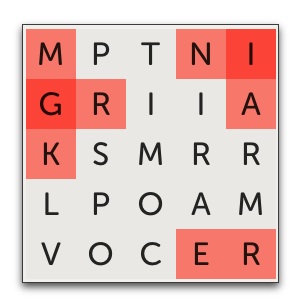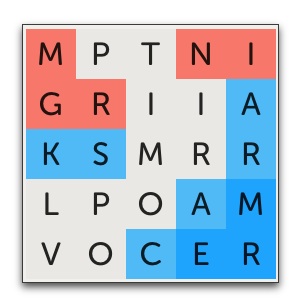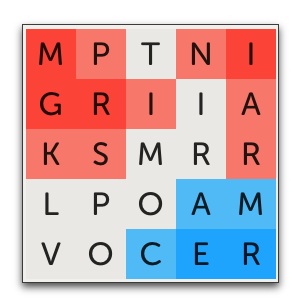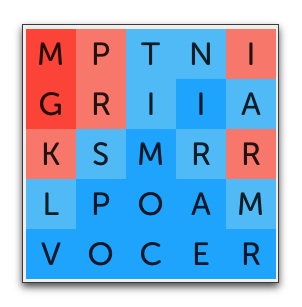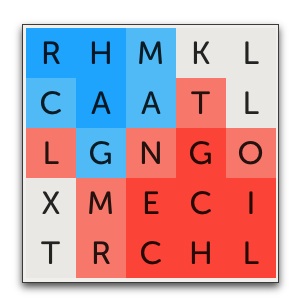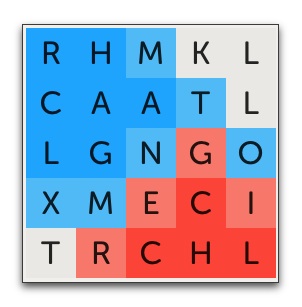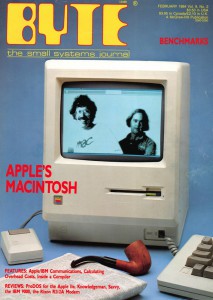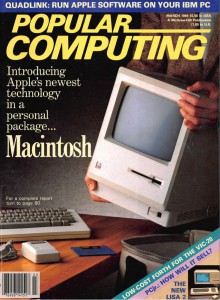Apple announced CarPlay yesterday, its renamed iOS in the Car technology that gives drivers of compatible automobiles direct access to iPhone features connected via the Lightning cable. The first cars to include CarPlay are due out before the end of the year.
Existing car systems can already do something similar: a driver can access an iPhone to play music using the car’s built-in software. With CarPlay, it’s more like the iPhone takes over the car’s user interface, offering access to music, maps, text messaging and various other apps. In some cars, you may still have to use physical buttons and dials with CarPlay, but the better systems will provide a touchscreen much like the iPhone itself.
I’m very much looking forward to CarPlay. In fact, I’m certain that the next car I buy will have it (given that I’m years away from a car purchase, that’s a safe bet).
As I see it, there’s a big upside and a smaller downside to CarPlay.
The upside
The big upside is the “unification” of disparate systems.
For example, as it stands now, if I want to set up directions for a trip prior to getting into my car, I can do it on my iPhone. Even better, I can do it on my Mac, using Maps, and have it automatically transfer to my iPhone. In either case, it offers no connection to my car’s built-in GPS navigation system. Once in the car, I would either have to depend on the iPhone (probably using a windshield mount so I could see it while driving) or re-enter the data in my car’s system.
If I wind up taking my wife’s car on another occasion, I confront a navigation system that’s different both from the ones in my iPhone and my car. It’s admittedly a “first world problem” — but I have the hassle of dealing with three separate independent systems. It works fairly well in spite of this, but it could work a lot better.
Enter CarPlay. If both of our cars had CarPlay, I could enter an address on my iPhone, connect it to either car and have the directions instantly accessible, with both cars using almost the exact same familiar iPhone-like interface. Perfect!
Now imagine that rental cars came with CarPlay. I could preload my iPhone with various destinations points, prior to a vacation. When I pick up my rental car, I attach the iPhone and…presto…I’m good to go.
Accessing music, either via my iTunes Library or via streaming services such as Spotify, would similarly be simplified and unified across vehicles. The iPhone interface would replace the often awkward controls in current car systems. For example, with the system in my wife’s Nissan Leaf, there is no Pause button to halt a song that is playing.
You get the same “unification” benefits for making phone calls. Finally, CarPlay offers capabilities not available in most existing car systems, such as the option to send and receive text messages.
With CarPlay’s inclusion of Siri, almost all actions can be accomplished via voice commands and spoken responses — allowing you to keep your eyes on the road and your hands on the wheel.
I wouldn’t buy a car today, no matter how good it otherwise is, unless it came with a USB port and was compatible with my iPhone. It’s easy to stick to this requirement because almost every current car meets it. Within a few years, I expect the same will be true for CarPlay. That’s why I can be confident that my next car will include CarPlay. It’s not essential yet, but the day is coming.
The downside
Despite all of these advantages, there remains one likely downside to CarPlay. CarPlay-equipped cars may be dependent on an iPhone. This is not so for current car systems. For example, with my Ford Fusion, I can use its built-in GPS even if I don’t have my iPhone with me.
I’m still not exactly sure how carmakers will bundle CarPlay. But I expect there will be an option to have CarPlay installed in lieu of a built-in GPS. Such a setup might similarly eschew other “smart” features that would otherwise be built-in to the car. With this type of setup, you are dependent on the iPhone to access the absent features. That will mostly be just fine with me. After all, using the iPhone is the whole point of CarPlay. Still, I’m sure there will be times when I (or someone else driving my car) would be prefer a built-in system.
I am hopeful that, to compensate for this downside, CarPlay will be significantly less expensive than current car systems. After all, with the iPhone doing all of the heavy lifting, CarPlay should cost less to install. But who knows? If carmakers believe they can successfully sell CarPlay at current premium prices, I’m sure that’s what they’ll do.
At least in the beginning, I expect there will be an additional option to have a combined traditional system and CarPlay installation. This will allow you to have your proverbial cake and eat it too — but at a presumably higher cost.
No matter what the installation details turn out to be, and despite whatever competition emerges, CarPlay will be successful. We’ll see a rapidly expanding popularity of the technology over the next few years. And the more widespread CarPlay becomes, the more useful it will be for iPhone owners to have CarPlay — creating a sort of positive feedback loop. Similarly, the more prevalent CarPlay becomes, the more incentive there will be to own an iPhone. And that, of course, will be good news for Apple.

